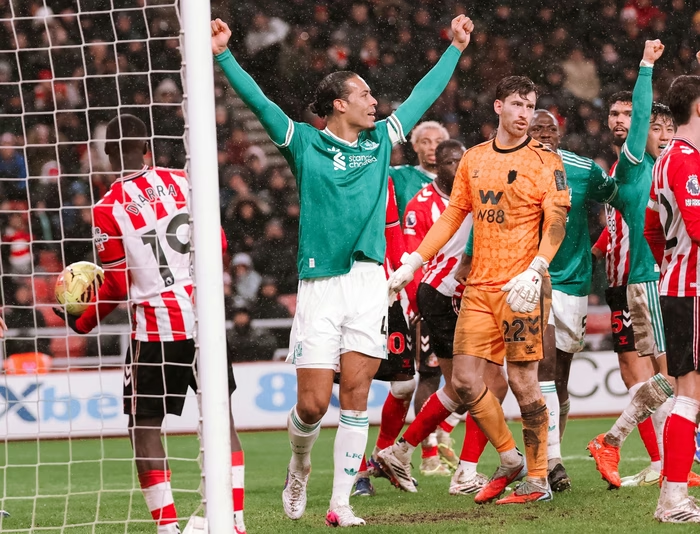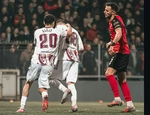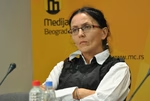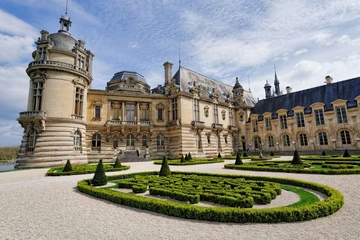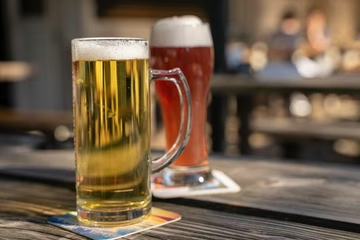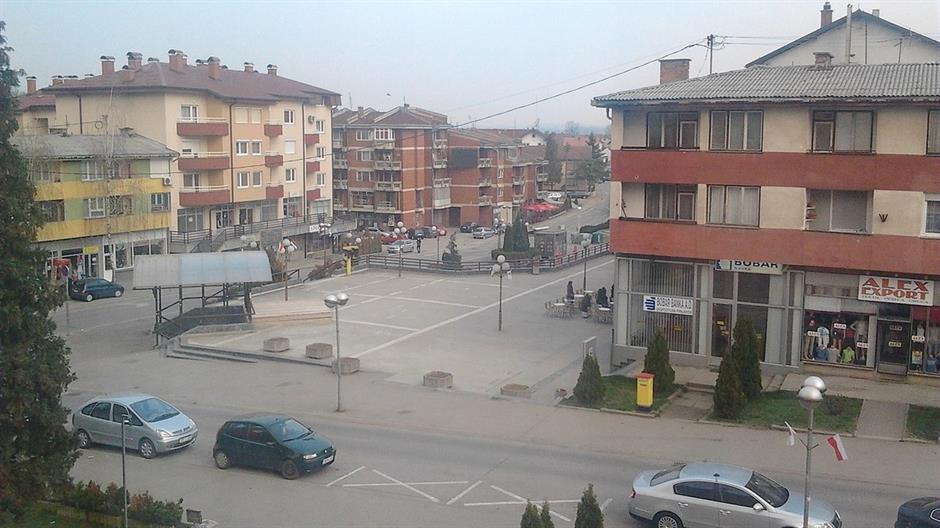
Easter in the small northwestern Bosnian town with residents belonging to 10 national minorities is particularly colorful.
Oglas
The door of the Kanjski home is decorated in Easter spirit and inside the originally Polish family is celebrating Easter the way it was passed down to them through generations.
“First we lick the salt, this is what my mother and father taught me from early age, then we start our breakfast,” Ljubica Kanjski explained.
And that, of course, begins with colorful Easter eggs.
Oglas
“It’s a nice feeling. I did the eggs yesterday and when I saw how colorful they were, I was really happy with how they came out,” Kanjski added.
In this house they love holidays because this is when the entire family gathers and when friends from all the other ethnic groups join them. Even the Prnjavor Italians who now again live in Italy often come back here for the holidays.
"The youth went there to work when the economic crisis hit, but we always come back,” stressed Ignac Andreata.
His parents and grandparents still live here but also those who retire in Italy eventually return to Prnjavor. But not only those who grow old have the desire to come back. School-aged children also long for Prnjavor. Andreata’s son Gabrijel always spends his vacation here.
Oglas
Is it nicer in Italy or in Prnjavor?
“Here, for sure,” he replied. “Here everyone has friends and the weather is nicer.”
“He finds it great here,” the father adds. “I don’t know why. I always tell him that there is more of everything in Italy and that it is better there. But they (the kids) love it here.”
More than ten national minorities give Prnjavor a rich national image. They have formed many associations in order to maintain their culture and tradition so whose can be passed on to new generations.
Oglas
“We have Czech people, Italians, Polish people, the Roma and others as well, and we all work well together – we work on various projects, including the annual Little Europe festival, where we celebrate our differences,” said Igor Kanjski, the president of the Association of Poles and friends “Boleslawiec”.
Those differences are often under the same roof, as mixed marriages are common here. Most members of national minorities say that they actually have two native lands, one where they come from and the other – where they live.
Kakvo je tvoje mišljenje o ovome?
Učestvuj u diskusiji ili pročitaj komentare
Oglas
Kakvo je tvoje mišljenje o ovome?
Učestvuj u diskusiji ili pročitaj komentare
Oglas





 Srbija
Srbija
 Hrvatska
Hrvatska
 Slovenija
Slovenija


















